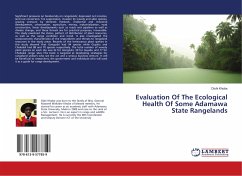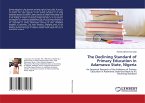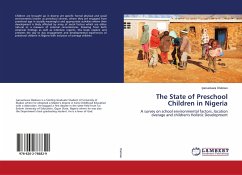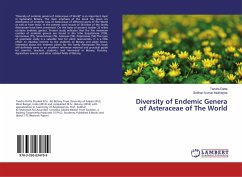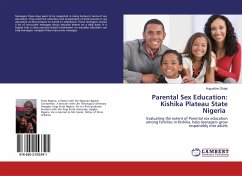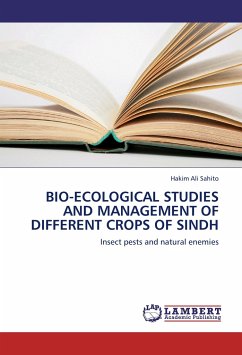Significant pressures on biodiversity on rangelands; depressed net incomes, land use conversion, fire suppression, invasion by woody and alien species, grazing pressure by domestic livestock, residential and industrial developments, urbanization, agriculture, mining, industrialization, road construction, linear developments such as roads and pipelines as well as climate change, and these threats are for practical purposes, irreversible. The study examined the status, pattern of distribution of plant resources, as well as the range condition and trend. It also investigated the socioeconomic characteristics of the respondents and threats to rangeland resources in the study areas. Records of the herbaceous plant species in this study showed that Gongoshi had 94 species while Guyaku and Chekelek had 88 and 70 species respectively. The total number of woody plant species on each site was 22 for Gongoshi, 20 for Guyaku and 17 for Chekelek range sites. This book is targeted at developing strategies for rangeland utilisers who see the act and a serious business venture. It will be beneficial to researchers, the government and individuals who will used it as a guide for range development.
Hinweis: Dieser Artikel kann nur an eine deutsche Lieferadresse ausgeliefert werden.
Hinweis: Dieser Artikel kann nur an eine deutsche Lieferadresse ausgeliefert werden.

